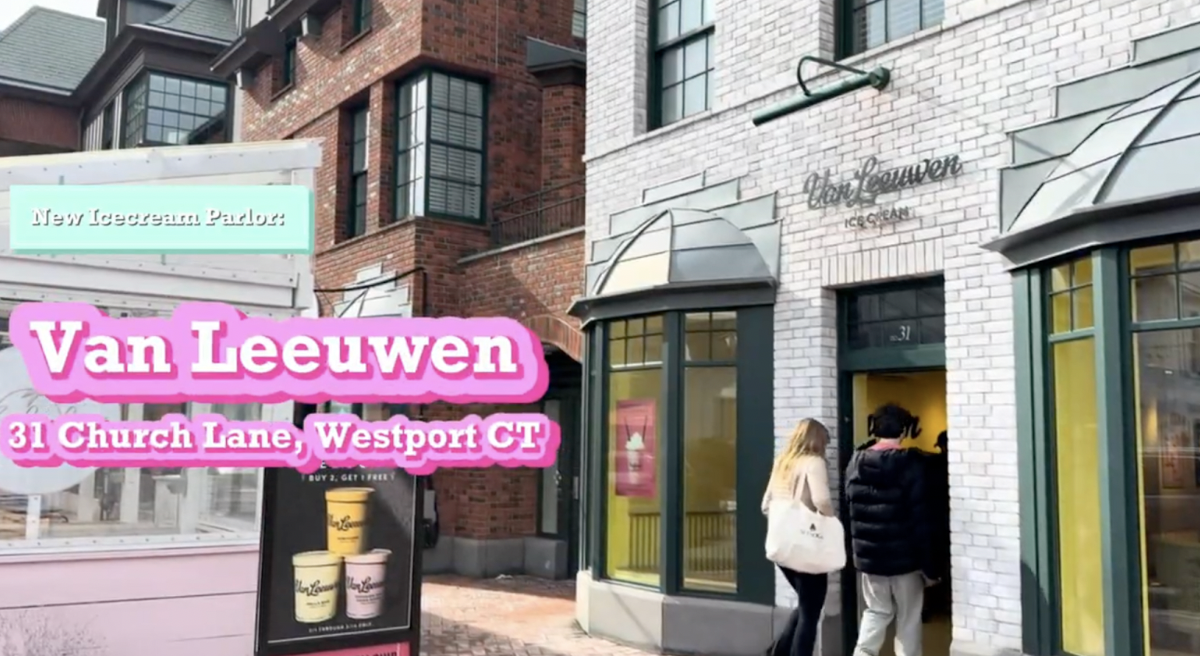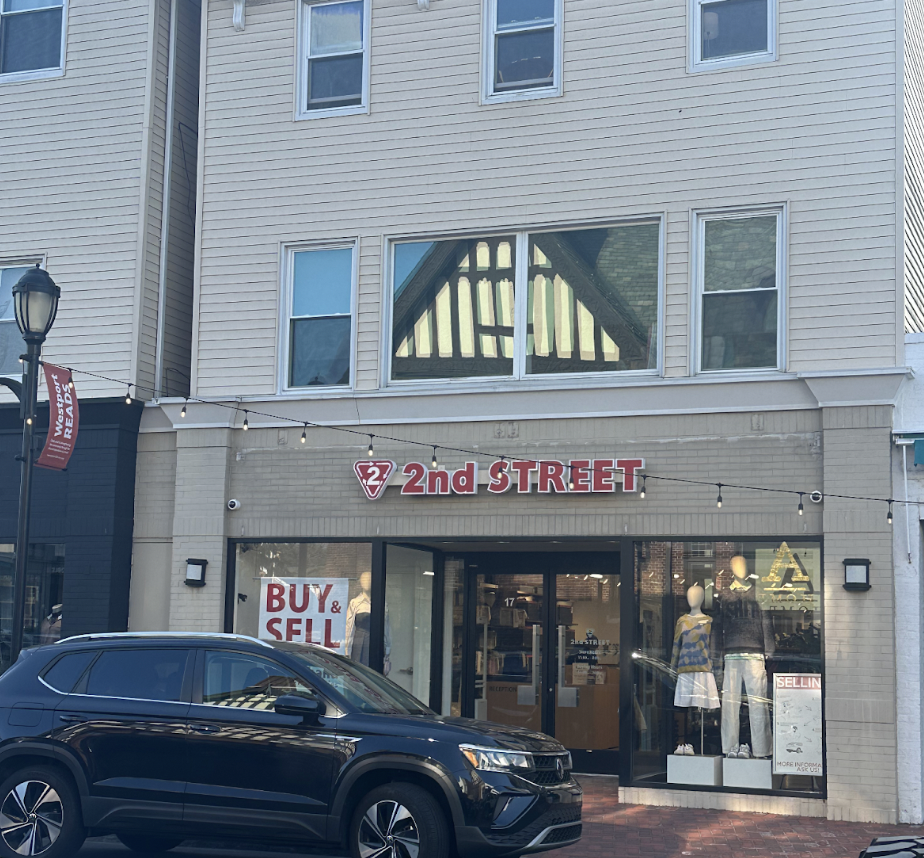The city of Los Angeles has been home to many American technological achievements. Los Angeles is where the first U.S. satellite was launched, the first freeway was built and the first American film was made. In the minds of Amazon leadership, that made it the perfect location for what they believed would be another great American achievement–the first cashier-less supermarket. However, the economics of the idea have now been discovered to be unprofitable–and the company should scrap the venture for more futuristic ventures.
Amazon originally sought to disrupt what they saw as a traditional, stagnant industry by introducing grocery stores that would see consumers avoid the checkout line by registering a bank account that would charge them automatically once they left the store–it would be seamless. This concept was put to the test on Sep. 17, 2020 when the first ‘Amazon Fresh’ store debuted in the Woodland Hills neighborhood of Los Angeles.
Over three years later, Amazon’s plans–past its Woodlands prototype–have stalled. Just right here in Westport, the construction on the ‘Amazon Fresh’ store that had taken the place of Barnes & Nobles has stopped since the summer of 2022. This phenomenon–of Amazon Fresh stores beginning construction but suddenly stopping–is far from rare in both Connecticut and the United States.
The reason behind this sudden slowdown is simple–Amazon has already announced to investors its future lies more with its Amazon Web Services (AWS) division and cloud computing rather than grocery stores. Furthermore, the ‘Amazon Fresh’ idea was pioneered in 2007–before applications like Apple Pay allowed consumers to scan their phones for a few seconds to pay for an item.
A solution to this problem is simple–and obvious. Amazon doesn’t have to abandon the grocery store business, as it already has one–Whole Foods. It was certainly right to invest into revitalizing the chain since they purchased it in 2017; they expanded its presence whilst integrating the stores with the rest of the company. It made the brand–in the eyes of the public–a physical entity rather than just being an e-commerce site.
That is why instead of disrupting its own chain, Amazon should scrap the ‘Fresh’ venture in its entirety. Some stores have already shut their doors but the company insists these are temporary measures. They do not have to be. Allocating the money towards its far more future-oriented AWS division would be wiser–there is far greater demand for those capabilities than grocery chains. More importantly for Amazon, there are also greater profits to be reaped.














































Steve • Nov 30, 2023 at 2:56 pm
Henry, this is a good article but I think you are missing a key fact in your argument.
Fresh will not disrupt Whole Foods, in fact the businesses will be synergistic.
Why?
1. Target Market – Look at the zip codes in which each business exists and you will see that Whole Foods Market serves a very different consumer base than Amazon Fresh. Capturing revenue from both consumer types allows Amazon to capture more of the total addressable grocery market.
2. Infrastructure – Whole Foods’ current distribution infrastructure supports Fresh stores, and can increasingly do so as the Fresh network expands to new geographies – any future facility investment or buildout will likely be strategic to support both concepts.
Here is additional context as to why Amazon might see grocery as a valuable long term play.
– US only 2022 Total Grocery Market was worth $841.8M according to IBISWorld – expected 1.2% annual growth rate
– Global 2023 cloud computing market size is valued at $500B+ according to Precedence Research. The US accounts for about 44% of that revenue – so roughly $220B, 25% the size of the current US grocery market.
– Global Cloud Computing has expected 17.4% annual growth rate – so yes, one day it will surpass US Grocery market size.
– AWS currently has 32% market share according to Synergy Research Group – key question: How much more market share can they capture?
The cost of building the data centers is extremely high – since 2011, Amazon has spent $52B on North Virginia data centers with additional $35B in expected future investment.
Amazon is okay with failing its tests and accepting short term losses for long term gains. Their first Fresh concept failed, but they launched new store test concepts in 2023.
Expect to see Fresh concept expansion in 2024 for net new geographies as well as existing geographies.